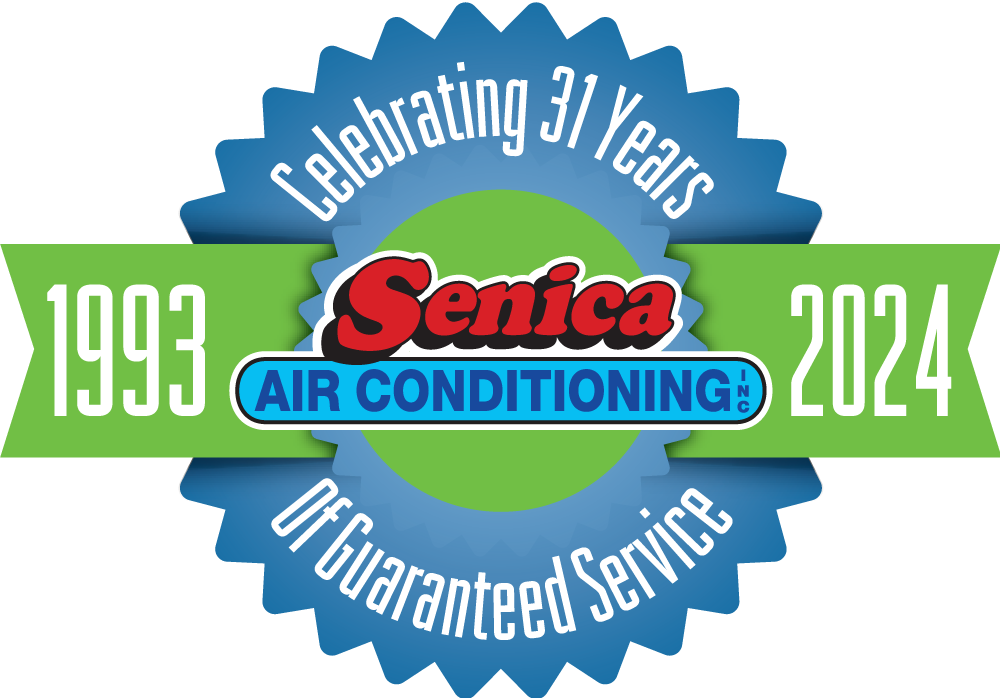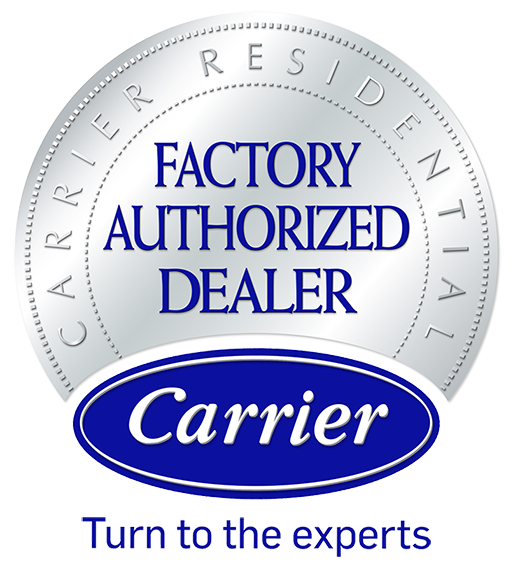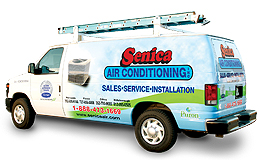Why MERV Matters When You’re Shopping for Air Filter Replacements
The easiest way to determine which air filter to buy for your Florida home’s air conditioning system is to look at the filter that is already in place and then shop for another one just like it. The easiest way may not be the best way, though, especially if you have air quality problems inside your house or if you suspect that your existing filter restricts your system’s airflow to the extent that it reduces its efficiency and strains the equipment. Looking at the MERV rating of filters can help you decide which filter is best for your situation.
MERV stands for “minimum efficiency reporting value.” The value is determined in a laboratory that expresses the efficiency of the filter at removing particles in the size range of 0.3 to 10 microns (also called micrometers) from the air being filtered. For residential air filtration, the MERV values range from 1-4 for filters that do a poor job of removing small particles from the air, up to 16 for filters that remove most of the particles in the specified size range from the air.
The MERV rating that you need for your air filter will depend upon a number of factors that are unique to your particular home situation. If you have family members who are highly sensitive to allergens such as mold spores or other indoor pollutants, you will want a filter with a higher MERV rating than if your primary purpose in filtering the air in your duct system is to keep the fan blades, motors and coils clear of dust and debris and running efficiently.
There are some considerations besides the efficiency of the filter that will determine how clean your system will keep the air in your home. If your filter does not fit snugly inside its housing, air can leak around it into your ductwork, effectively bypassing the filter. If you see that dust or larger particles accumulate in your air ducts downstream of the filter, you might need to find a better-fitting filter or a filter with a sealing gasket. Leaking seams and connections in your duct system can also let air bypass the filter, so consider having a trusted HVAC professional inspect your ductwork and repair any leaks in the system.
You will want to choose a filter with a MERV rating that’s high enough to clean the air in your home, but that does not significantly restrict airflow in your ductwork. One way to lower the minimum filter rating that you need is to find and eliminate the sources of particulates before they can get into your air conditioning system. For example, a good air filter will remove mold spores from air circulating in your ductwork, but if you can eliminate the sources of moisture that allow mold growth in your home, there will not be any spores to filter. If you have pets or live on a dusty road, frequent vacuuming of carpets, draperies and upholstery will keep pet hair, pet dander and dust from accumulating. Giving Fido a frequent outside brushing is also a good idea.
You will find several types of air filters at your local hardware or home supply store. In general, the cheapest fiberglass filters will have the lowest MERV ratings, and the more expensive pleated filters will have medium to high ratings. You can also buy reusable, washable filters that will last several years. Whatever type of filter you use, it’s important that you change or clean them often enough to keep your air conditioning system running quietly and efficiently. A monthly inspection is a good rule of thumb.
There are also HEPA (high efficiency particulate arresting) filters that would have MERV ratings in the 17 to 20 range, but these are generally used in hospitals, laboratories and other specialized applications where highly filtered air is a requirement. A high-quality filter with a mid-range MERV rating should provide the level of air cleaning that you need in your home.
Contact us at Senica Air Conditioning, Inc., Inc. for help selecting the best replacement filters for your air conditioning system. We work with homeowners and businesses throughout Tampa, St. Petersburg and Clearwater to install and maintain the high-quality air conditioning and heating systems they need for optimum comfort and energy efficiency here in our semi-tropical Florida climate.



